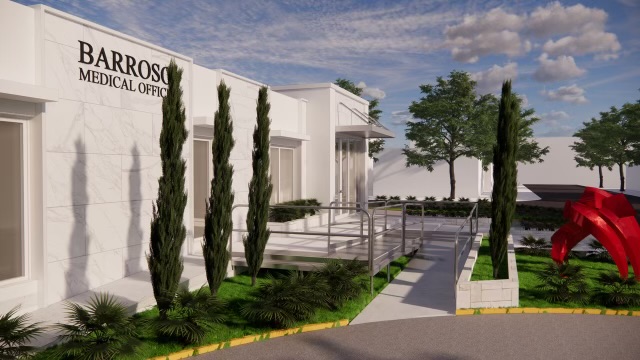
Work/School/Travel Exams
The importance of physical exams
Physical exams are considered the backbone of diagnostic work for health care providers across the map. They can help your doctor notice an issue for which you may have had no symptoms — or symptoms which you may have otherwise ignored.
Unfortunately, as a result of social distancing rules brought on by COVID-19 restrictions, physical exams have been down in recent years. But these procedures are not only life-saving.
They can also be required for you to be able to do the things that are important to you in a safe, healthy way.
The types of physical exams
Here’s a list of important exams you may need to take at some point in your life:
1. Annual physical exams
This is the type of physical exam most people already know about. An annual exam can — and should — be sought out by anyone for any reason at least once a year.
This is especially true if you have a long-term condition, such as high blood pressure, diabetes, or if you smoke.
This is also the type of physical exam that can help you discover a condition before it worsens. In fact, some jobs require that you get a physical exam once a year for health insurance reasons. For some people, more frequent exams are necessary, especially if you have a chronic condition.
2. Department of Transportation physical exams
Also called DOT physicals, these are necessary for individuals who operate commercial vehicles or those who drive for a living.
DOT physicals need to be undergone every two years in order to keep your commercial driver’s license.
3. School physical exams
This one is related to your child’s schooling and is required by many institutions, both public and private, at least once before the beginning of every school year. Immunizations, which are required by certain institutions, can be updated during this time.
4. Pre-op physical exams
Also called a surgical clearance exam, this physical ensures that you’re healthy enough to be able to receive a certain surgical intervention. It usually includes a physical exam, an evaluation of the heart and lungs, and possibly lab testing.
Pre-op physical exams occur before the surgery is scheduled. If you’re found to be too weak for the surgery, or otherwise not healthy enough, it could cause the surgery to be postponed.














